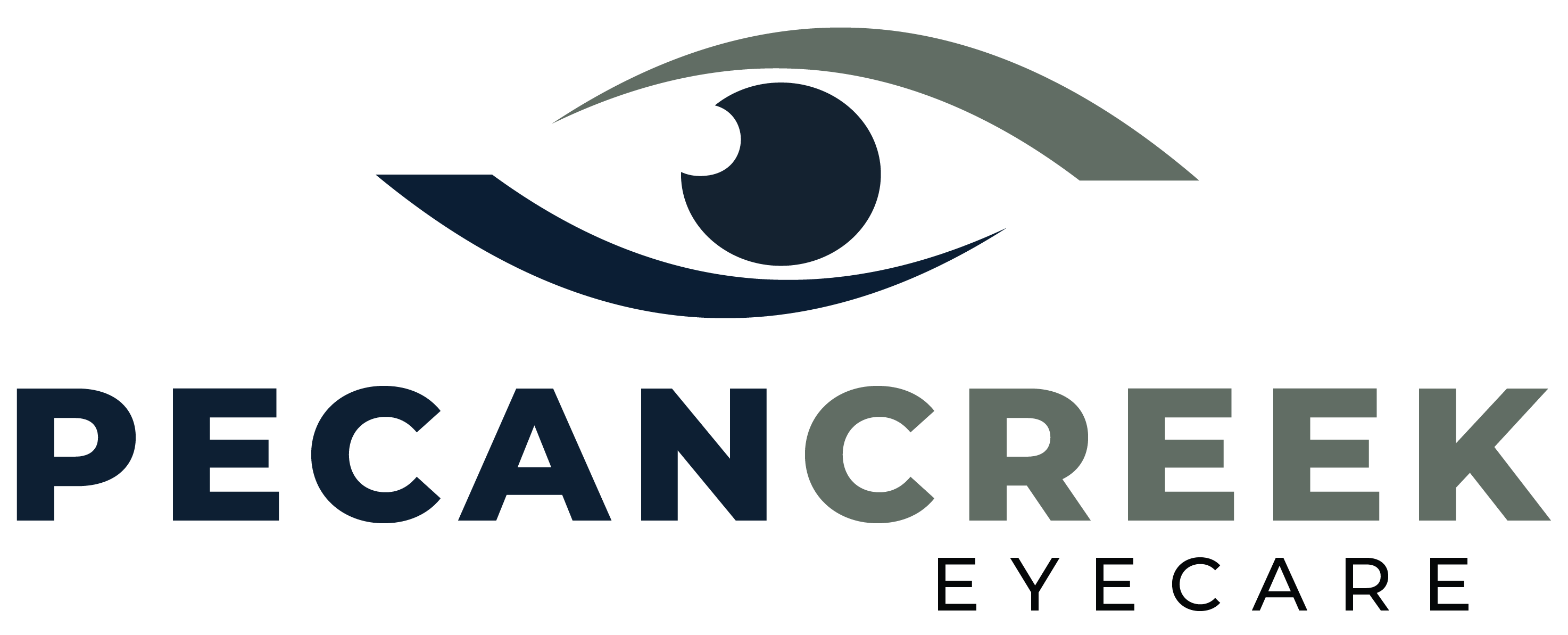
Are regular contact lenses uncomfortable or just not working for you? Do they fail to give you a clear, stable vision? Standard lenses don’t fit every eye perfectly. Some conditions demand a custom approach. Specialty contact lenses offer solutions where everyday options fall short. They provide comfort and clarity when it seems impossible.
Conditions like keratoconus make the cornea thin and bulge outward. Severe dry eye damages the eye’s surface over time. Past eye surgeries like corneal transplants alter the eye’s shape. High or irregular astigmatism blurs vision significantly. Standard soft lenses often cannot correct these issues effectively. They might not fit well or provide a clear view. That is where custom specialty lenses step in.
What Makes Specialty Lenses Different?
They are not mass-produced like regular soft contacts. Each lens is carefully designed for one unique eye. Advanced mapping technology captures your eye’s exact shape. Lens materials and designs are chosen specifically for your needs.
Common Types of Specialty Lenses:
Scleral Lenses — These large lenses vault over the entire cornea gently. They rest on the white part of your eye (sclera). A fluid reservoir sits between the lens and your cornea. This constantly bathes the eye, soothing severe dryness. It also creates a smooth surface over irregular corneas. Vision becomes dramatically sharper and more stable.
Hybrid Lenses — They combine the best features of different lens types. A rigid center gives crystal-clear optics like RGPs. A soft outer skirt surrounds this center for enhanced comfort. This blend helps people who dislike the feel of hard lenses. It suits irregular corneas needing sharp vision.
Piggyback Lenses — Sometimes, one lens is not enough. A soft lens sits directly on the eye first. A rigid gas permeable (RGP) lens then goes over the soft one. The soft lens acts like a protective cushion. The RGP provides sharp vision correction. This system maximizes comfort for sensitive eyes.
Prosthetic Lenses - These lenses address appearance as well as vision. They can mask eye injuries, scars, or conditions like aniridia. They restore a more natural-looking appearance safely. Vision improvement often accompanies the cosmetic benefit.
Orthokeratology (Ortho-K) Lenses — Worn only while you sleep overnight. They reshape the front of your eye temporarily. You remove them in the morning. Enjoy clear daytime vision without any lenses. Mainly used for managing nearsightedness progression.
The Benefits of Choosing a Custom Solution:
Sharper Vision — Corrects complex refractive errors standard lenses cannot handle. Provides stable, high-definition sight for irregular corneas.
Greater Comfort — Designed specifically for sensitive or damaged eye surfaces. Reduces irritation caused by ill-fitting standard lenses.
Improved Eye Health — Protects and supports corneas affected by disease or surgery. Scleral lenses promote healing in severely dry eyes.
Expanded Wear Time — Makes lens wear possible for people who previously could not tolerate contacts. Enables comfortable all-day use.
Treatment Potential — Ortho-K lenses can slow nearsightedness in children. Scleral lenses manage complications from conditions like Stevens-Johnson syndrome.
Finding Relief and Clarity
Specialty contact lenses open doors when standard options fail. They turn frustration into comfortable, clear vision. Conditions like keratoconus or severe dry eye become manageable. Life’s activities become enjoyable again without constant eye irritation.
For more on specialty lenses, visit Pecan Creek Eyecare. Our office is in San Tan Valley, Arizona. Call (480) 741-8822 to book an appointment today.
https://www.dukehealth.org/treatments/eye-care/specialty-contact-lenses
https://umiamihealth.org/en/bascom-palmer-eye-institute/specialties/corneal-and-external-diseases/specialty-contact-lenses/specialty-contact-lenses-faqs



